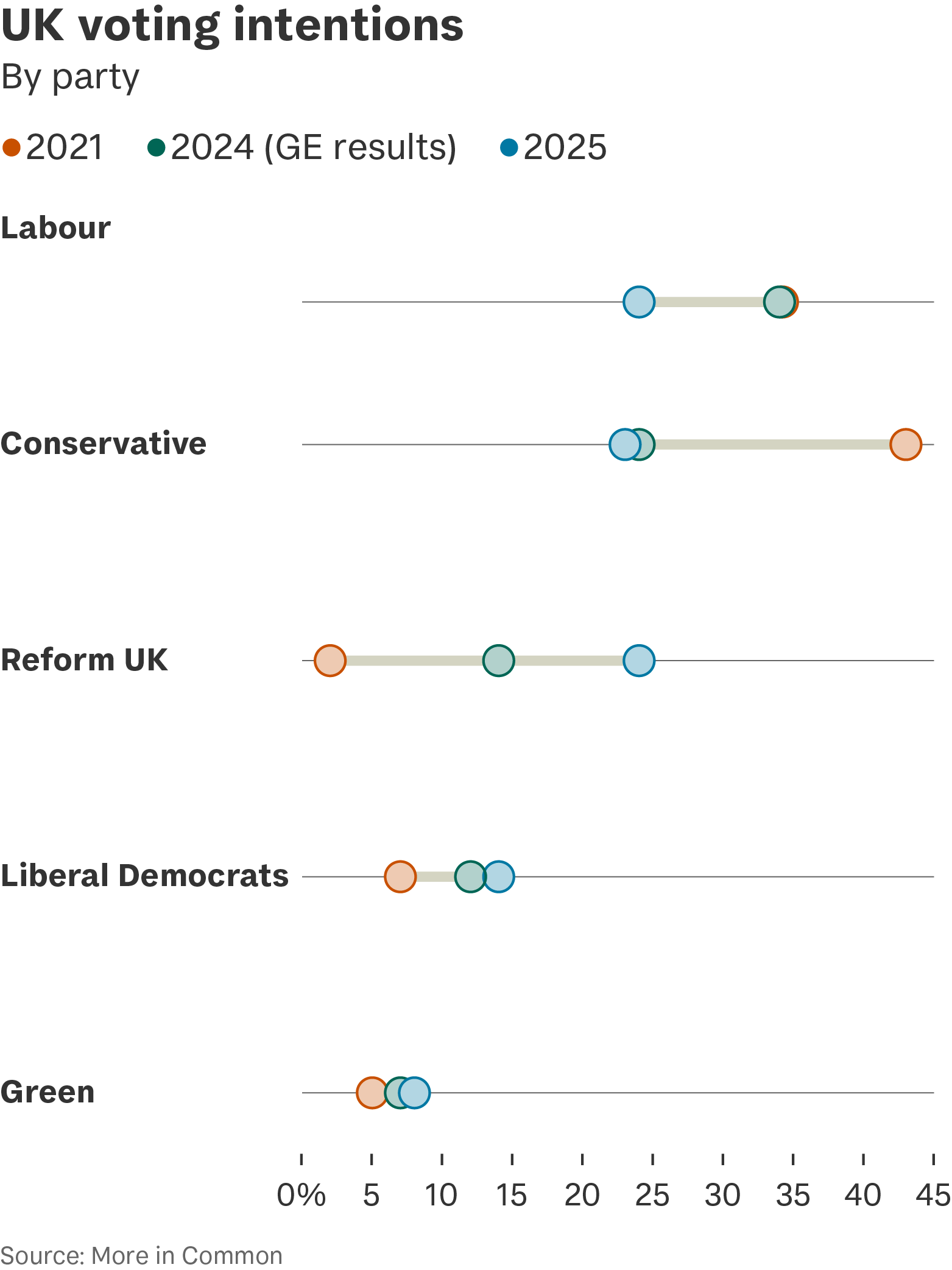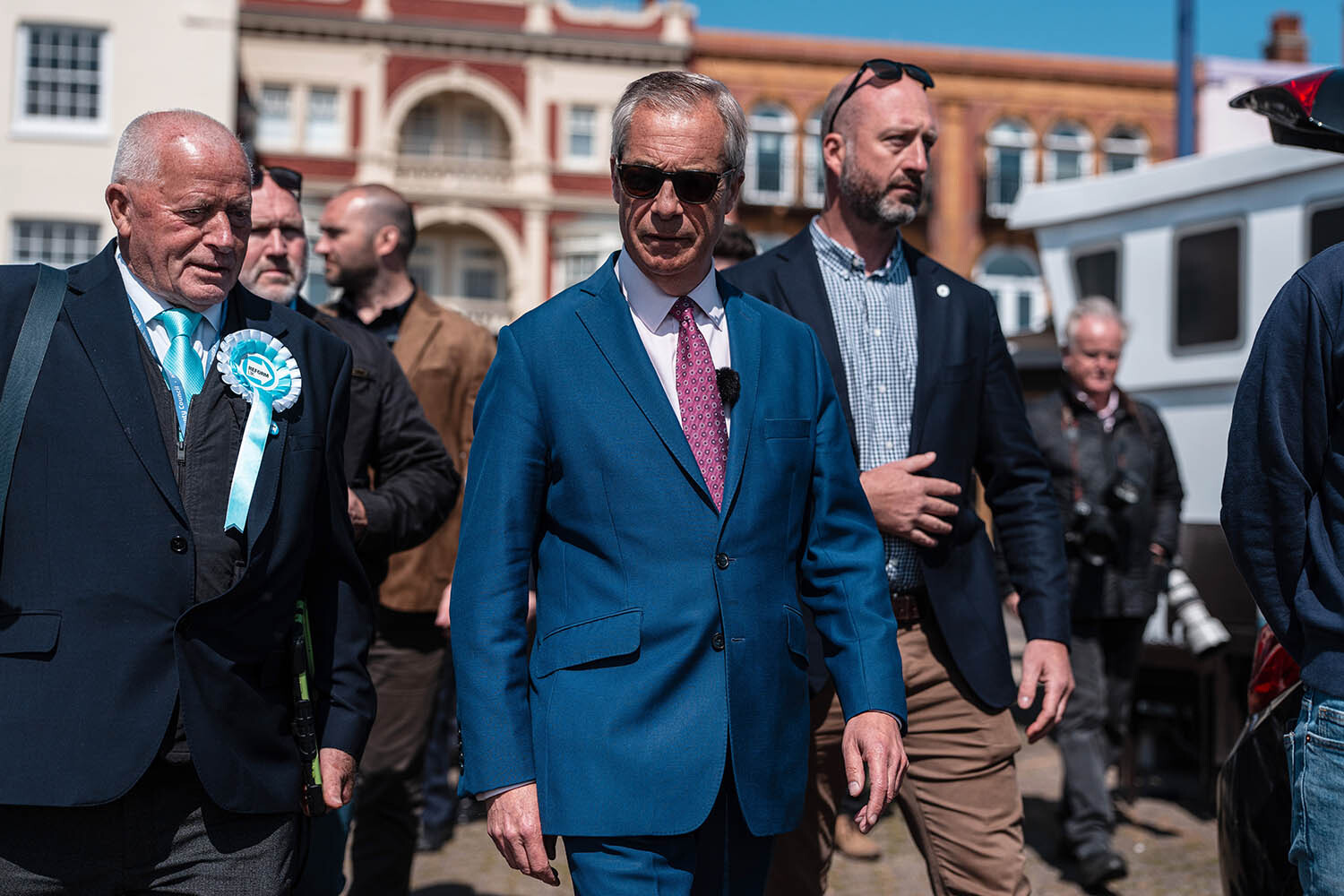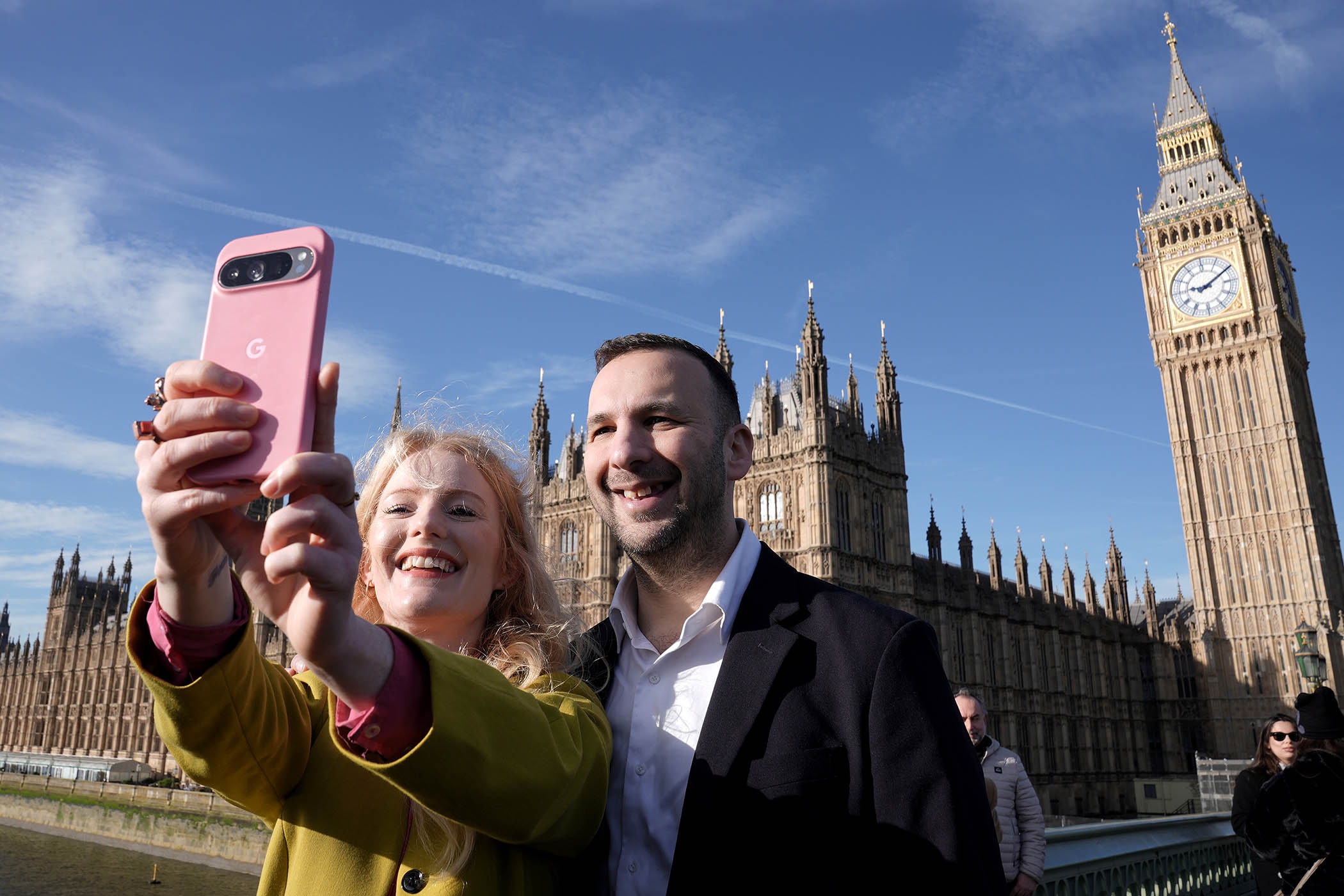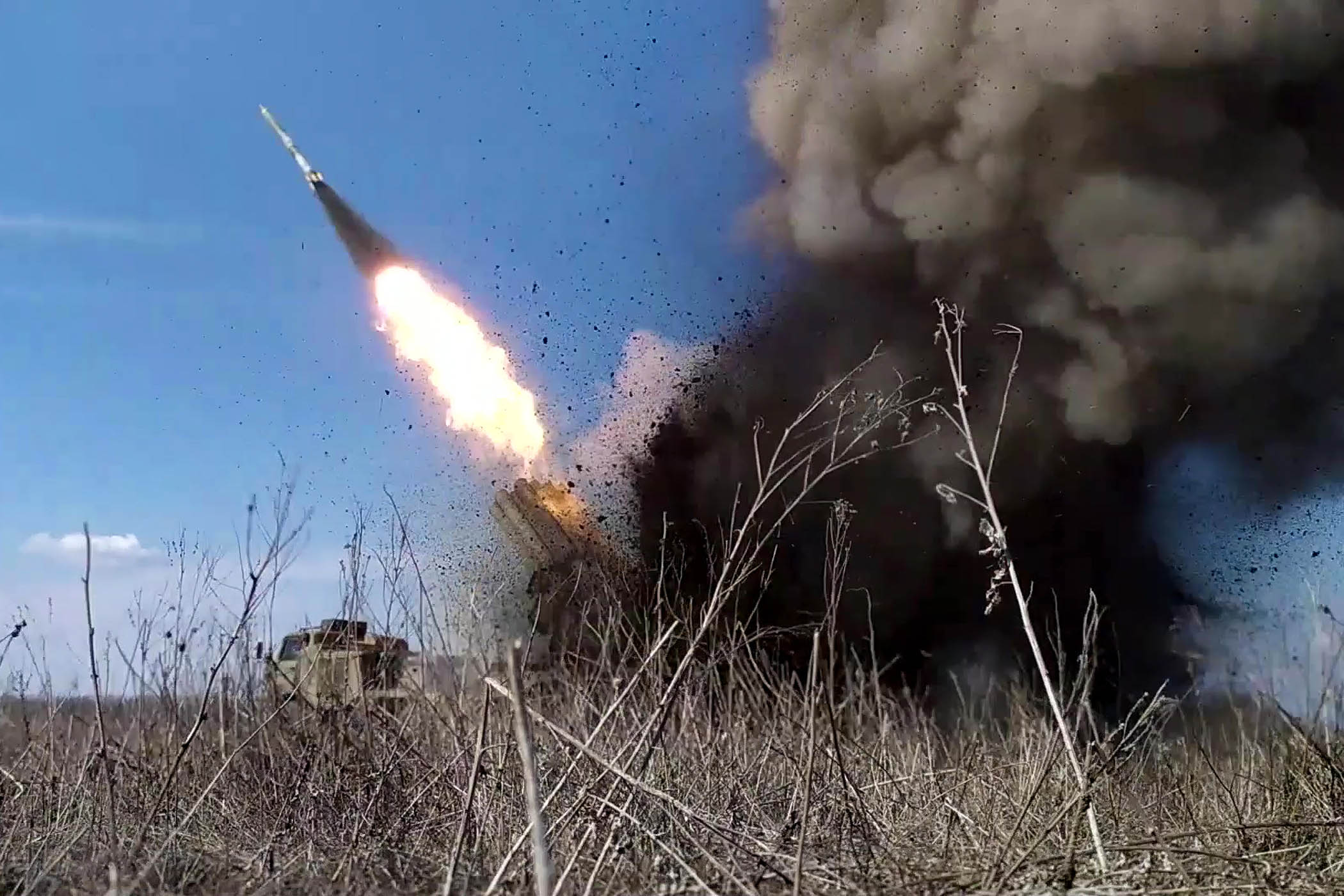Welcome to the Sensemaker, our daily newsletter. It features calm and clear analysis on the stories driving the news across tech, politics, finance, culture and more. The Sensemaker will appear here every morning, but to receive it in your email inbox, sign up on our newsletters page.
Today’s elections across England will be the first major ballot box test for Keir Starmer’s government and Kemi Badenoch’s Conservatives. There are more than 1,600 council seats up for grabs along with six mayoralties and a by-election.
So what? Don’t be surprised if people respond with a shrug. Local elections set the tone for Westminster, help shape the political strategies of the main parties, and decide where money is spent and how critical services are run across the country. But voters in More in Common focus groups attended by The Observer sum the nation up as
•
depressing;
•
chaotic;
•
desperate;
•
divided;
•
fractured; and
•
rapidly going downhill.
They are, in the formulation of the moment, basically pissed off. The question is where they will go.
Nowhere. Many people won’t vote at all today. General election turnout has only dropped below 60 per cent twice in 100 years, while the last time more than 40 per cent of the electorate took part in locals was in 2015. There’s little reason to expect better numbers this year.
Somewhere. This might not be a satisfactory answer, but it is never entirely clear who will vote. Those who do will behave unpredictably. “From the cost of living and the NHS to immigration and crime, voters think the state isn’t working,” Luke Tryl from More in Common says. “Britons desperately want change, but they just aren’t sure who can deliver it.”
The biggest losers are expected to be the Conservatives, who are on course to lose hundreds of seats. A bad night for them will look particularly bad because of
•
what’s on the ballot paper: 23 councils, 16 of which are controlled by the Tories; and
•
where they were in 2021: when they last fought these seats, Boris Johnson’s government was reaping the benefits of the Covid vaccine rollout.
Since then support for Badenoch’s party has collapsed.

Get your act together. Labour can breathe a little easier knowing it runs only one of the 23 councils being contested today. But it’s not just the Conservatives who are managing expectations. The government is likely to be punished in council seats by an electorate disappointed by Starmer’s ten months in power. Labour is nervous about the by-election too.
Watch your back. The first by-election of this parliament is in Runcorn and Helsby, and will fill the seat vacated by Mike Amesbury, the Labour MP who punched one of his constituents. It will be close but Reform could overturn a 14,696-vote majority in what would be a statement win.
Newsletters
Choose the newsletters you want to receive
View more
For information about how The Observer protects your data, read our Privacy Policy
Farage’s moment. The depth of Labour and Tory losses across the spectrum will be determined, in part, by whether Reform can convert votes into seats. Big wins will redraw the electoral map on a local level. On a national level, they are a momentum-building exercise that will put pressure on the Tories and may tempt Labour into tacking to the right. But steady on.
This isn’t even a three-way race. At least not everywhere. More in Common polling shows that three of the four mayoral races are on a knife edge. The most fragmented contest appears to be the West of England mayoralty, where the party polling in fifth place on 15 per cent of the vote (the Lib Dems) is only eight points behind the leader on 23 per cent (Labour).
What’s more… This could lead to some remarkable perversions in representative democracy. If Labour wins in the West of England with that number on a 40 per cent turnout, it will represent about a million people – with the votes of just 9 per cent of the region’s electorate.
Photo credit: Carl Court/Getty Images



